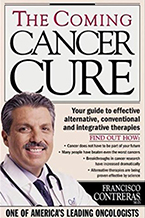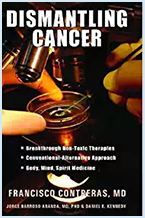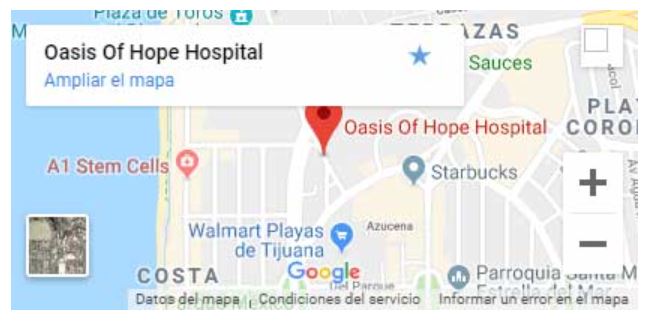Using Nutrient Against
Cancer Cells
The Place for Alternative Cancer Treatment
Scientists have determined that all cells produce certain proteins that are necessary for survival. Cancer cells are no exception. There are nutrients that can interfere with their production of essential proteins; these can stop or slow down tumor growth.
Signal transduction refers to how cellular proteins undergo small and usually reversible changes in structure to induce alterations in cell behavior. The genetic material of cancer cells is typically altered in ways that over-activate intracellular signal transduction mechanisms; specifically, the ones related to cancer’s malignant behavior.
Some mechanisms prevent the process of apoptosis (programmed cell death) as well as support cellular multiplication, tissue invasion, and metastasis (the spread of cancer to distant organs), and resistance to being killed by chemo or radiation.
Cell signal transduction therapy seeks to regulate the signaling pathways in cancer cells to make them easier to control or kill.
One most effective way to trip up cancer is to use nutrients, phytochemicals (natural plant-derived chemicals), and drugs to suppress overactive signal transduction pathways, or boost under-active pathways, in cancer cells.
This inhibits their capacity to grow, spread to distant organs, and grow the new blood vessels necessary to feed tumors.
Oasis of Hope uses nutrients, phytochemicals, and safe drugs (drugs that cause no harmful or negative side effects) as part of cell signal transduction therapy. It includes familiar supplements—omega-3 fatty acids (fish oil), milk thistle extract (silibinin), and green tea extract— and less familiar substances, also, like boswellic acids, diclofenac.
Most people facing cancer want to know what causes it. Oncologists often don’t discuss cell signal transduction with patients.
But the health of the cell and its ability to generate a healthy replacement cell is the key to explain how cancer forms and how to reverse the process.
Pollution, chemicals, poor diet, lack of exercise, and other facets of life stress our bodies even at the cellular level. Stressed cells can undergo small and irreversible structural changes that alter their behaviors. If changes go uncontested, the cell can become unhealthy and mutate into a cancer cell that will begin to multiply, form a tumor, and spread.
Fortunately, research is uncovering information on how to re-regulate unhealthy cells’ behaviors. it’s vital that you know the agents I’ve outlined are scientifically supported and can help regulate cellular behavior. If you were my loved one, I would not let you omit cell signal transduction from your treatment.












